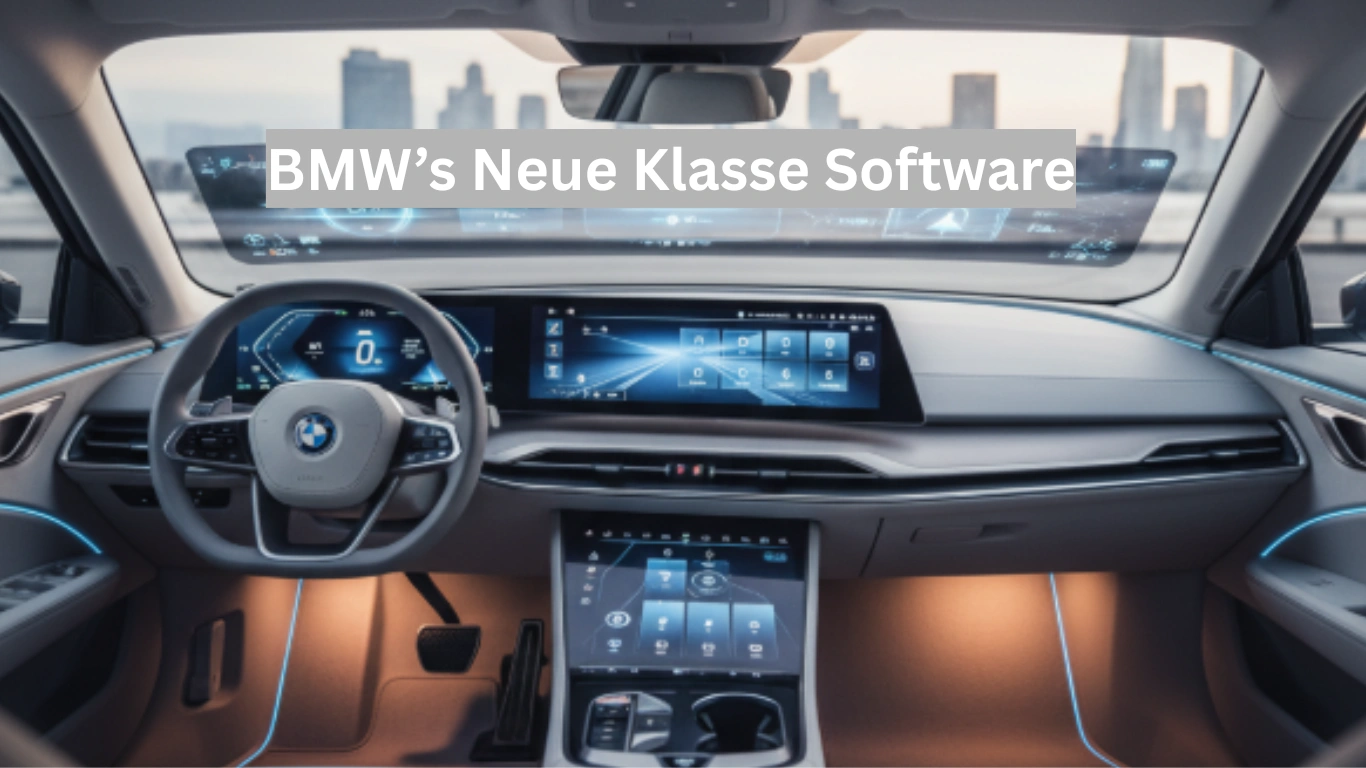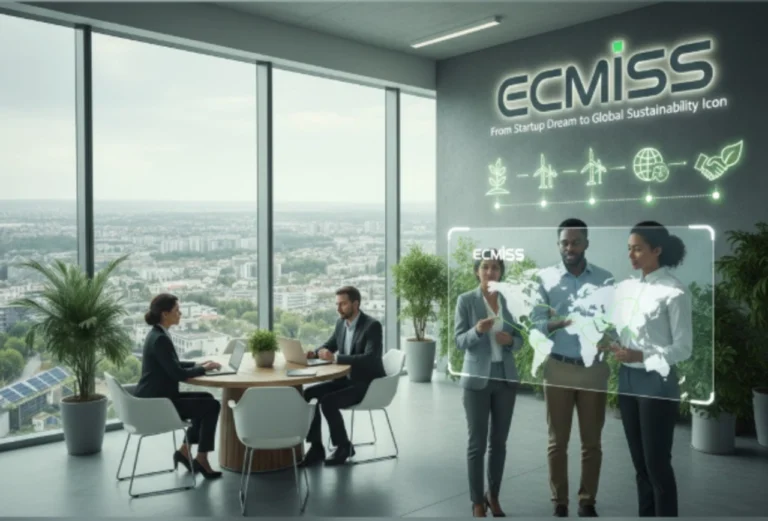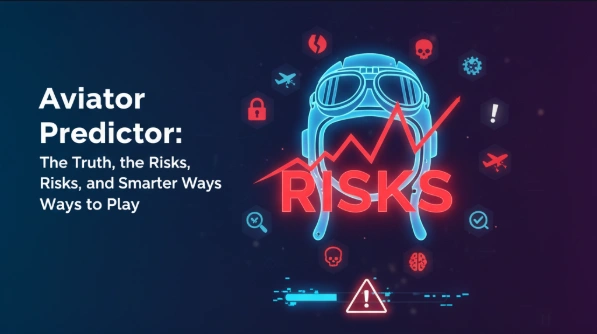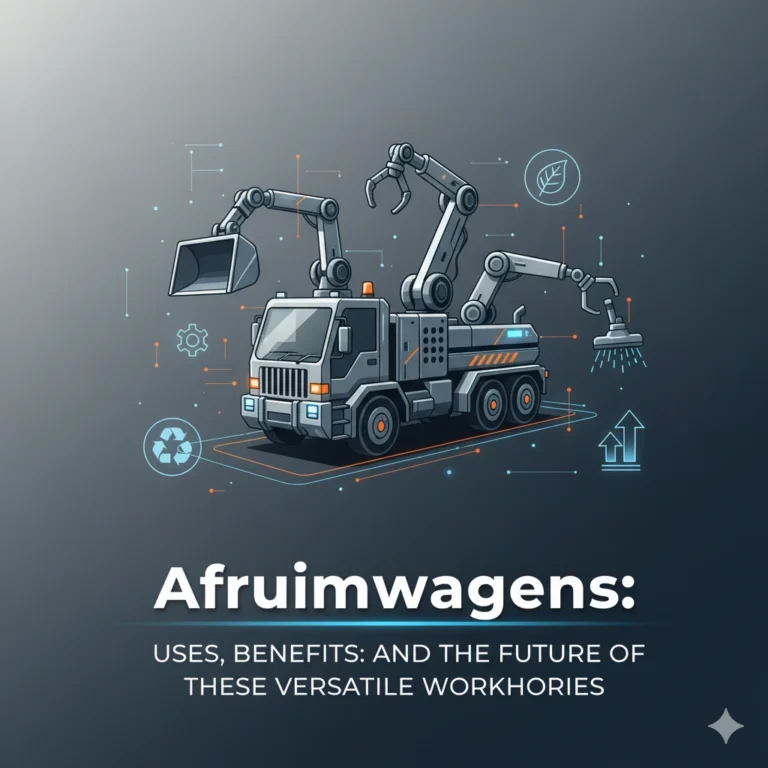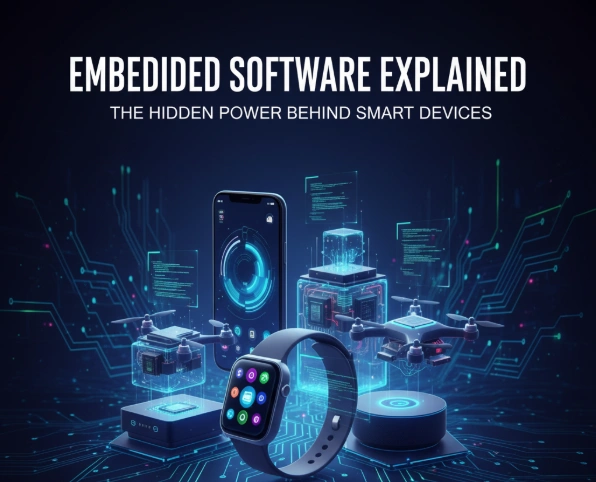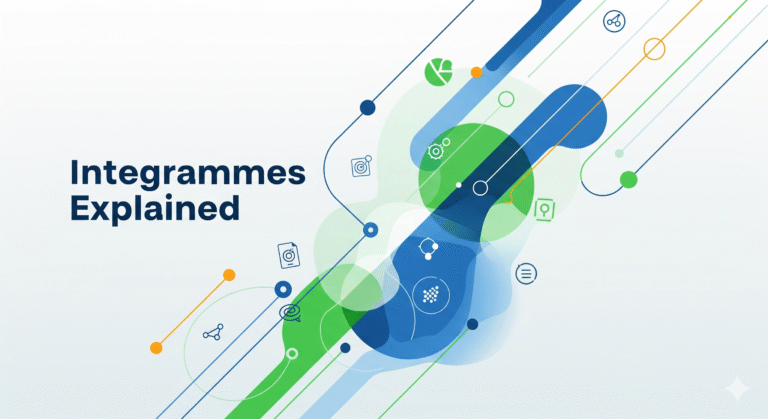How BMW’s Neue Klasse Shows Why Software is Driving the Future of Cars
Think about it—when was the last time you bought a car just for its engine specs alone? These days, buyers are just as interested in how smart, connected, and adaptable their cars are. BMW’s Neue Klasse is a perfect example of this shift, proving that software is no longer a background feature in vehicles—it’s becoming the true driving force behind the automotive industry’s future.
From Support Role to Center Stage
Not long ago, software in cars mainly handled things like navigation or infotainment. Fast-forward to today, and it’s the backbone of everything from performance optimization to real-time safety features. Automakers are realizing that to stay competitive, it’s not just about horsepower or sleek designs—it’s about who can deliver the smartest, most intuitive digital experience.
BMW’s Bold Step with Neue Klasse
BMW’s latest move highlights this transformation. With its Neue Klasse platform, BMW introduced the iX3, a vehicle powered by an advanced electronics architecture featuring four high-performance “superbrain” computers. Sounds futuristic, right? These systems allow the car to process information faster, adapt to driver behavior, and even handle updates remotely. It’s essentially a rolling computer on wheels—one that learns and improves over time.
Why This Matters for Automakers
Here’s the big picture:
- Competitiveness is shifting. Software is now a key factor that determines long-term success.
- Connectivity is king. Over-the-air updates, in-car intelligence, and predictive maintenance are fast becoming must-have features.
- Future-proofing is critical. Platforms like BMW’s Neue Klasse show how software can extend the lifespan and value of a vehicle long after it leaves the factory.
A Race Beyond Engines and Design
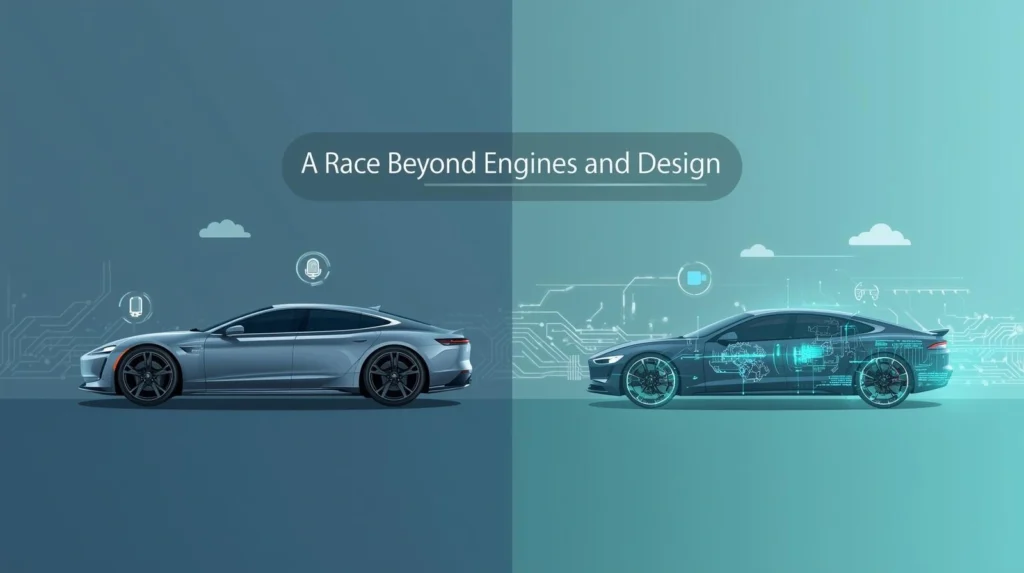
In the past, carmakers battled over horsepower, sleek looks, and fuel economy. Those factors still matter, but the real competition today is happening in the digital space. Modern drivers expect their vehicles to act less like machines and more like smart devices. Features such as voice assistants, real-time data processing, and fully connected ecosystems aren’t just luxuries anymore—they’re becoming must-haves. In many ways, people now want their cars to behave like smartphones: constantly updated, always learning, and ready to deliver a seamless experience every time they hit the road.
The Road Ahead
The takeaway is simple: the winners in tomorrow’s mobility market will be the companies that treat software as the heart of their vehicles, not just an add-on. The car of the future isn’t just electric or efficient—it’s smart, adaptive, and deeply connected.
So, next time you think about the future of cars, ask yourself: will the next big leap come from under the hood—or from behind the screen?
Conclusion
The automotive industry is no longer defined by engines alone—software has taken the wheel. From BMW’s Neue Klasse to the rise of connected and intelligent vehicles, it’s clear that the future of mobility depends on digital innovation. Automakers who embrace software as the core of their strategy will not only keep up with evolving customer expectations but also shape the next generation of driving. In this new era, the smartest cars—not just the fastest—will lead the road ahead.
FAQs
Q1. Why is software important in the automotive industry?
Software powers critical functions like real-time navigation, predictive maintenance, driver assistance, and connectivity, making vehicles smarter and safer.
Q2. How is BMW using software in its cars?
BMW’s Neue Klasse platform introduces high-performance computing systems that make cars more adaptive, intelligent, and capable of remote updates.
Q3. What role does software play in the future of cars?
Software is becoming the foundation of innovation in the auto industry, shaping performance, customer experience, and long-term competitiveness.
Q4. What are examples of automotive software features?
Examples include voice assistants, advanced infotainment, over-the-air updates, real-time data processing, and predictive maintenance systems.
Q5. Which automakers are leading in automotive software innovation?
Brands like BMW, Tesla, and Mercedes are heavily investing in software-driven platforms to deliver connected, intelligent, and future-proof vehicles.

